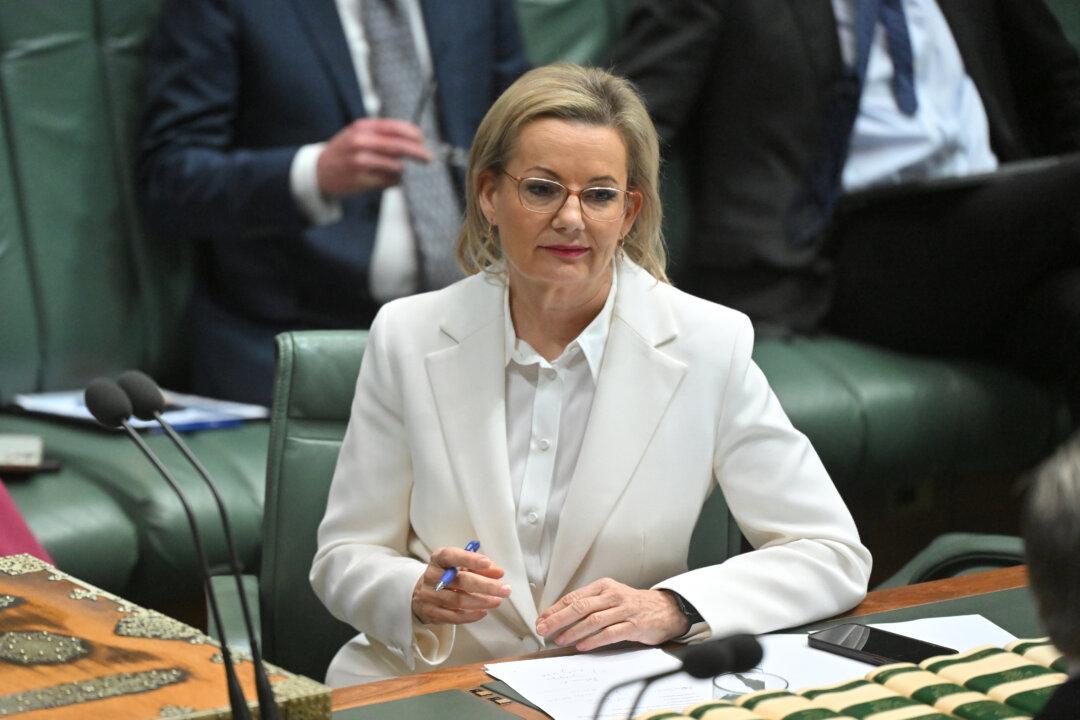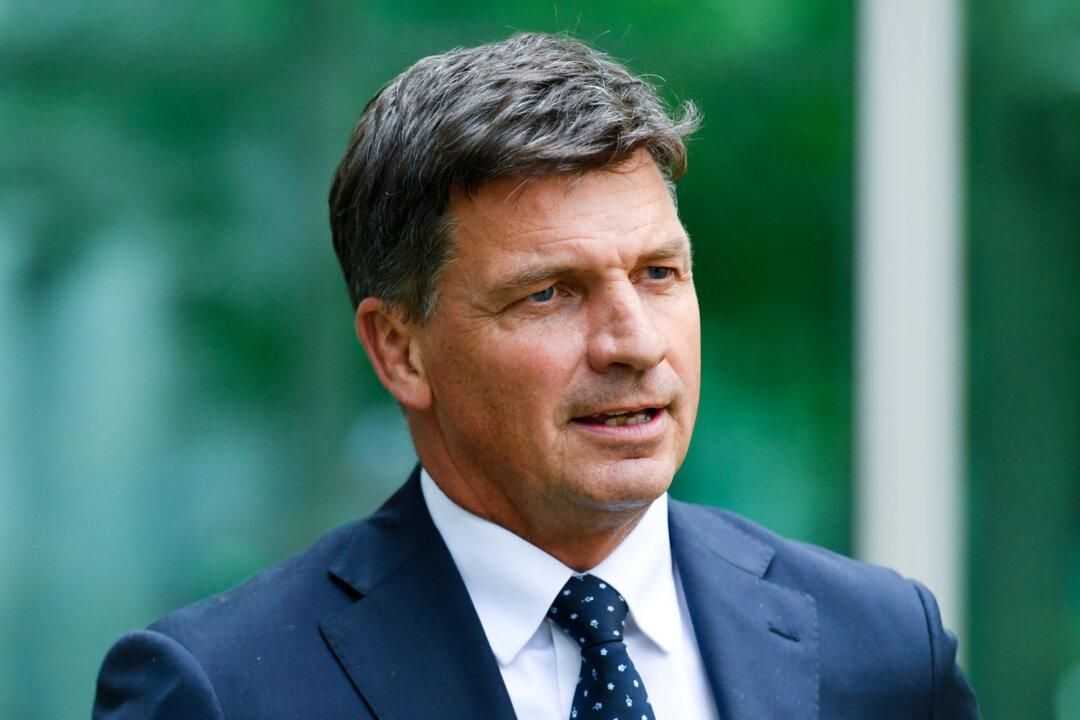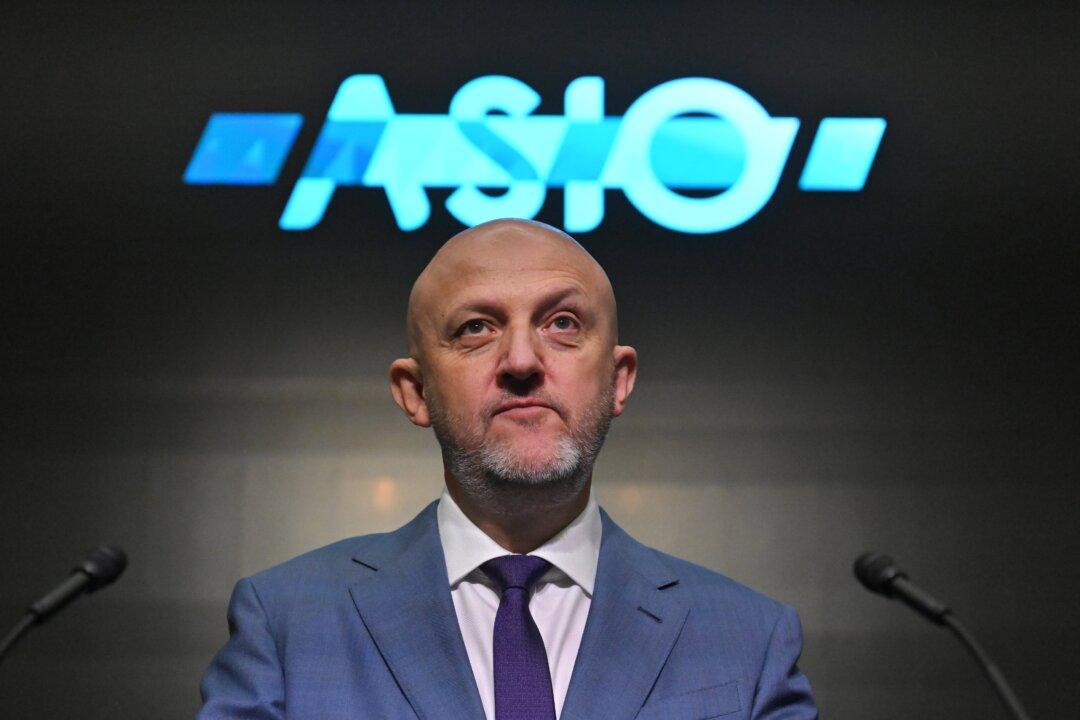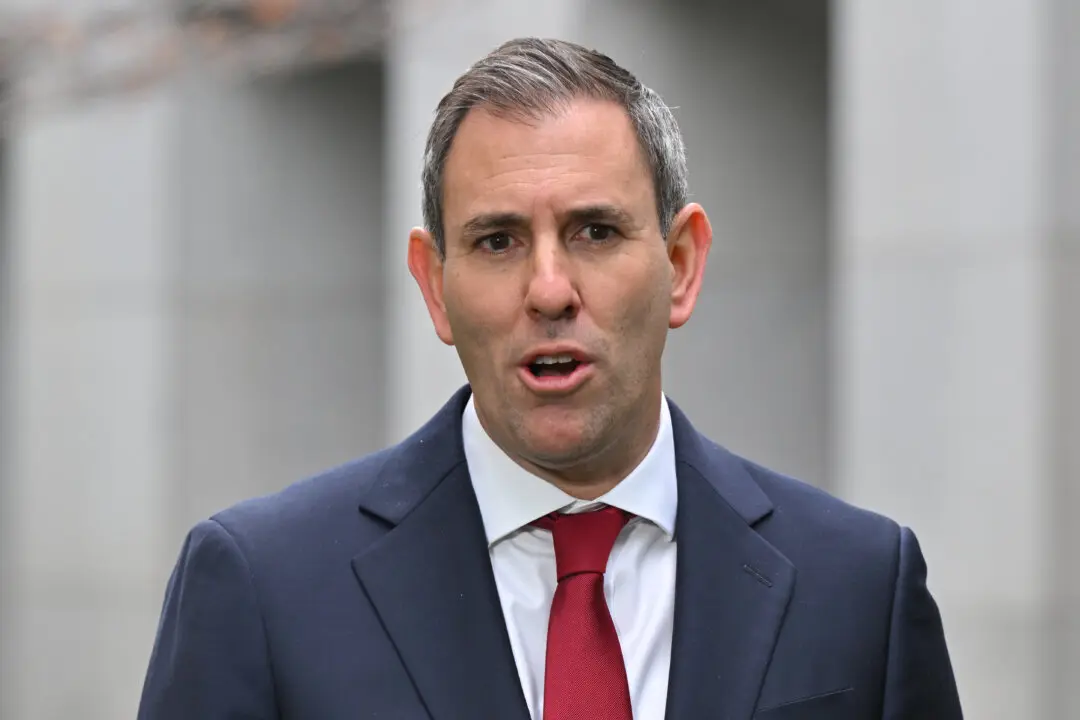Australians across the country paused to remember those who sacrificed their lives in service, gathering at memorials nationwide for Remembrance Day events.
Marking 106 years since the signing of the armistice that ended World War I, Australians observed a minute of silence at 11 a.m. to commemorate the moment in 1918 when the guns fell silent and peace returned to Europe after years of devastating conflict.





